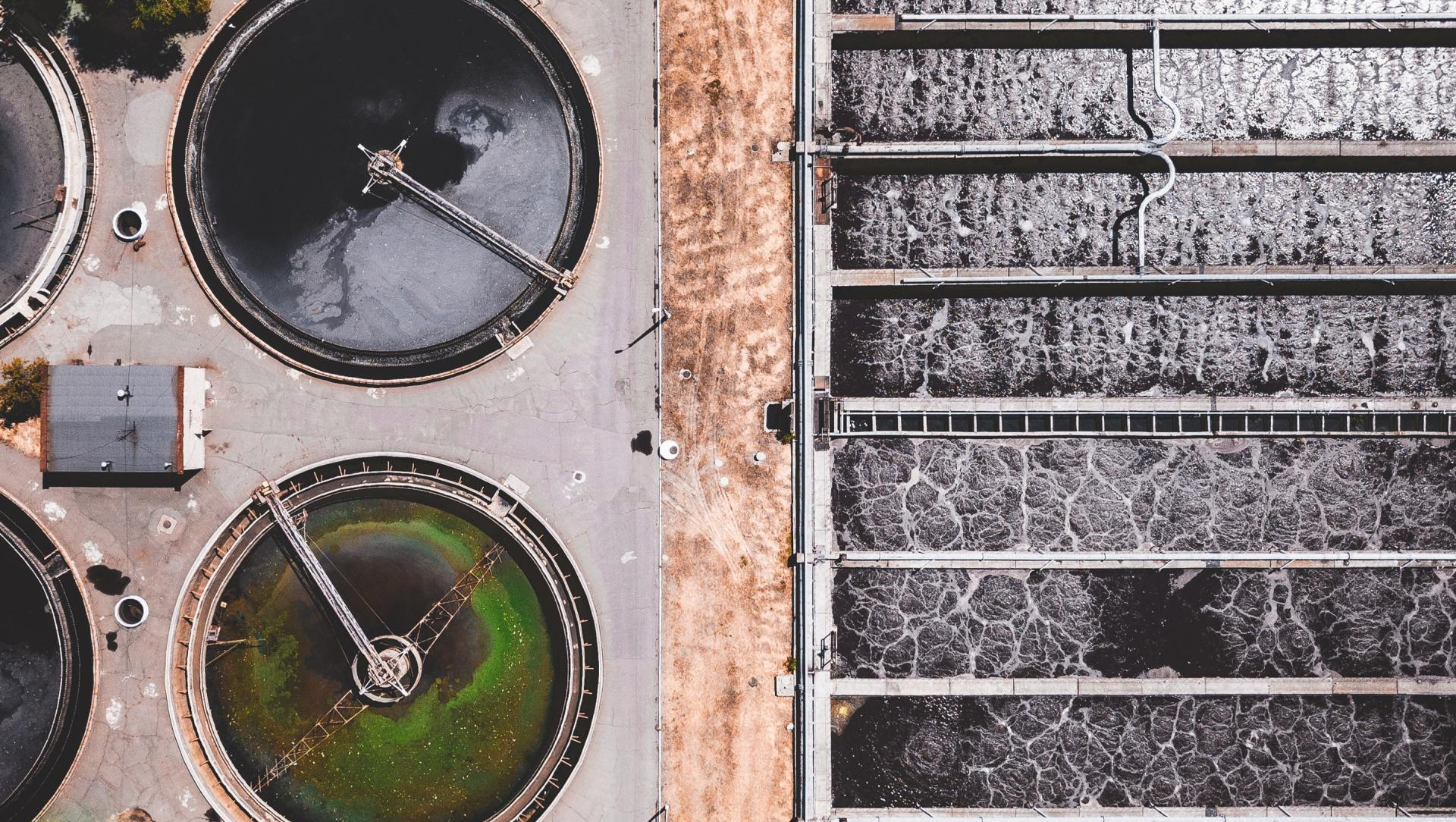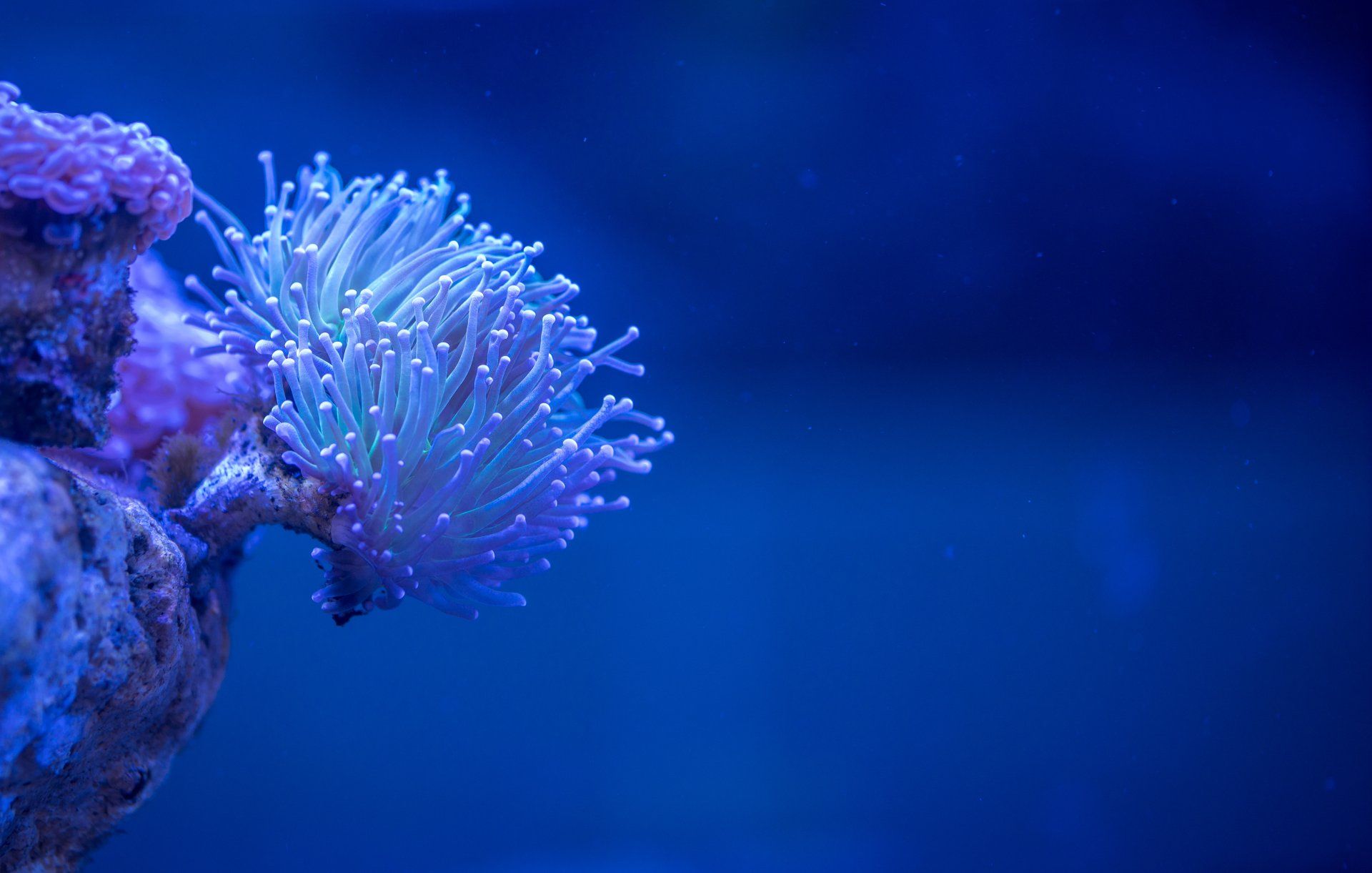Wastewater Treatment: 6 Important Points That You Need To Know

We “produce” a lot of this thing which is called wastewater. Our domestic, commercial, industrial or agricultural activities create wastewater streams and these wastewater streams often contain a lot of biological, chemical and physical pollutants which we need to remove with a wastewater treatment system or a wastewater treatment plant (WWTP) to comply with disposal regulations. In this article we will touch the following points;
- The definition of wastewater and wastewater treatment
- Wastewater treatment
- Wastewater management
- Wastewater treatment jobs
- Wastewater treatment regulation
- Wastewater treatment test methods
The definition of wastewater and wastewater treatment
Let us first look to what an external source says about the definition of our subjects "wastewater" and "wastewater treatment".
Definition of wastewater;
“Water that has been used in washing, flushing, manufacturing, etc.; sewage.”
Source: https://www.dictionary.com/browse/wastewater?s=t
Definition of wastewater treatment;
“Wastewater treatment is a process used to remove contaminants from wastewater or sewage and convert it into an effluent that can be returned to the water cycle with minimum impact on the environment, or directly reused.”
Source: https://en.wikipedia.org/wiki/Wastewater_treatment
Wastewater treatment
Treating wastewater requires a very good understanding of the source or sources of the wastewater. The source of the wastewater will determine what type of impurities will be in the wastewater and the concentrations of these impurities. Wastewater impurities can be biological, chemical and physical pollutants. Some of the more “famous” impurities these days are PFAS chemicals and the Contaminants of emerging concern (CECs). The CECs are a couple of groups of contaminates, which are;
- Disinfection by-products
- Endocrine disruptors
- Industrial Chemicals
- Natural Toxin Analysis
- Persistent Organic Pollutants (POPs)
- Pesticide Analysis
- Pharmaceuticals and Personal Care Products (PPCP)
All these different impurities need different treatment techniques which are combined in a wastewater treatment process.
Wastewater treatment process
The wastewater treatment process is a process that needs to be fine tuned to the wastewater and the impurities in the wastewater, so that the treated water meets certain disposal demands or regulations. A typical process that we see in wastewater treatment plants can consist out of the following steps;
- Phase separation: With phase separation impurities are transferred from the water into a non-aqueous phase.
- Sedimentation: With sedimentation the particles that are in suspension settle out of the fluid in which they are entrained and come to rest against a barrier.
- Filtration: With filtration suspended solids and colloidal suspensions of fine solids are removed from the water through fine physical barriers distinguished from coarser screens or sieves.
- Oxidation: Oxidation can be done via a reaction with for example ozone or via indirect reactions with OH Radicals. The components in wastewater are oxidized. In the case of micro-genes, the cell walls and the genetic material from the cells will be oxidized.
- Polishing: Polishing can be done with various techniques, for example with activated carbon for removal of low concentrations of various dissolved organics that remain in the wastewater.
Wastewater management
The objective of wastewater management is to clean and protect water so that the water can be reused or disposed safely in for example rivers, lakes or in the ocean. Wastewater management happens in a lot of different places ranging from wastewater management at golf a tournament until wastewater management at a large industrial complex with various chemical companies. Wastewater management opens the door for good and efficient water use, which benefits all of us.
Wastewater treatment jobs
If you would like to have a “wastewater job” then there are lots of functions available that you can find. Some examples are wastewater workers, customer service advisory, wastewater treatment plant operator, wastewater operations superintendent, wastewater mechanic and laboratory analyst. As you can already see from the examples below there are lots of different people needed in the wastewater treatment market. (Regarding the salaries for such jobs use websites like glassdoor.com.)
Wastewater treatment regulation
One of the key drivers for wastewater treatment is to be compliant with regulations. These regulations can be very different per country or location. Some examples of these regulation can be found in some of the most developed countries and regions in the world;
- USA – United States Environmental Protection Agency (EPA)
Effluent Guidelines are national regulatory standards for wastewater discharged to surface waters and municipal sewage treatment plants. Details can be found in the following link; https://www.epa.gov/eg
- Europe – European commission
Urban Wastewater Directive; Details can be found in the following link; https://ec.europa.eu/environment/water/water-urbanwaste/index_en.html
Wastewater treatment test methods
For wastewater there are a lot of different test methods available in the market, too much to list them all in this blog. To help you on the way, when you search for a standardized test method, then we recommend searching for official test methods which are for example from ASTM (American Standard Test Method) or CEN (European Committee for Standardization). Most countries have water associations that can also help you in getting the right methods.




